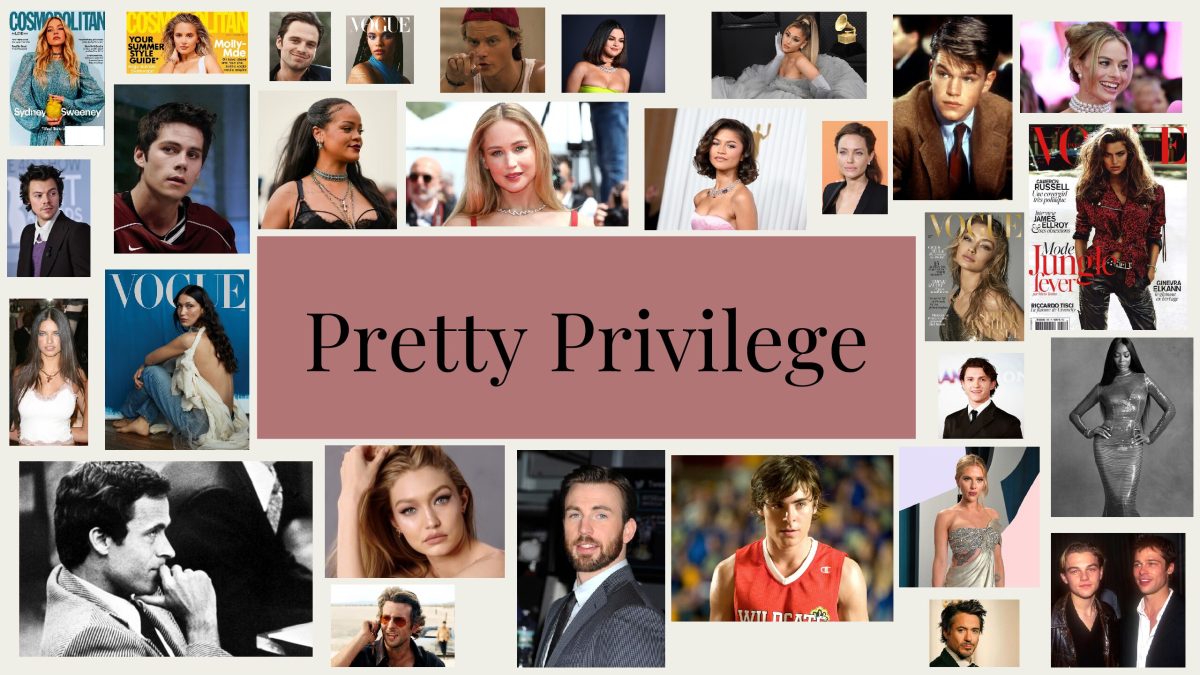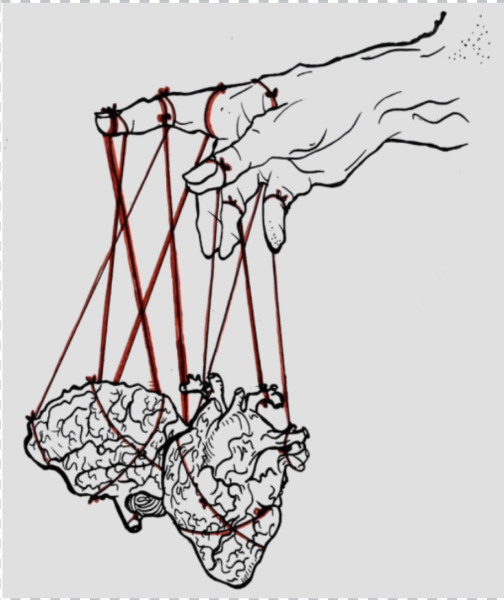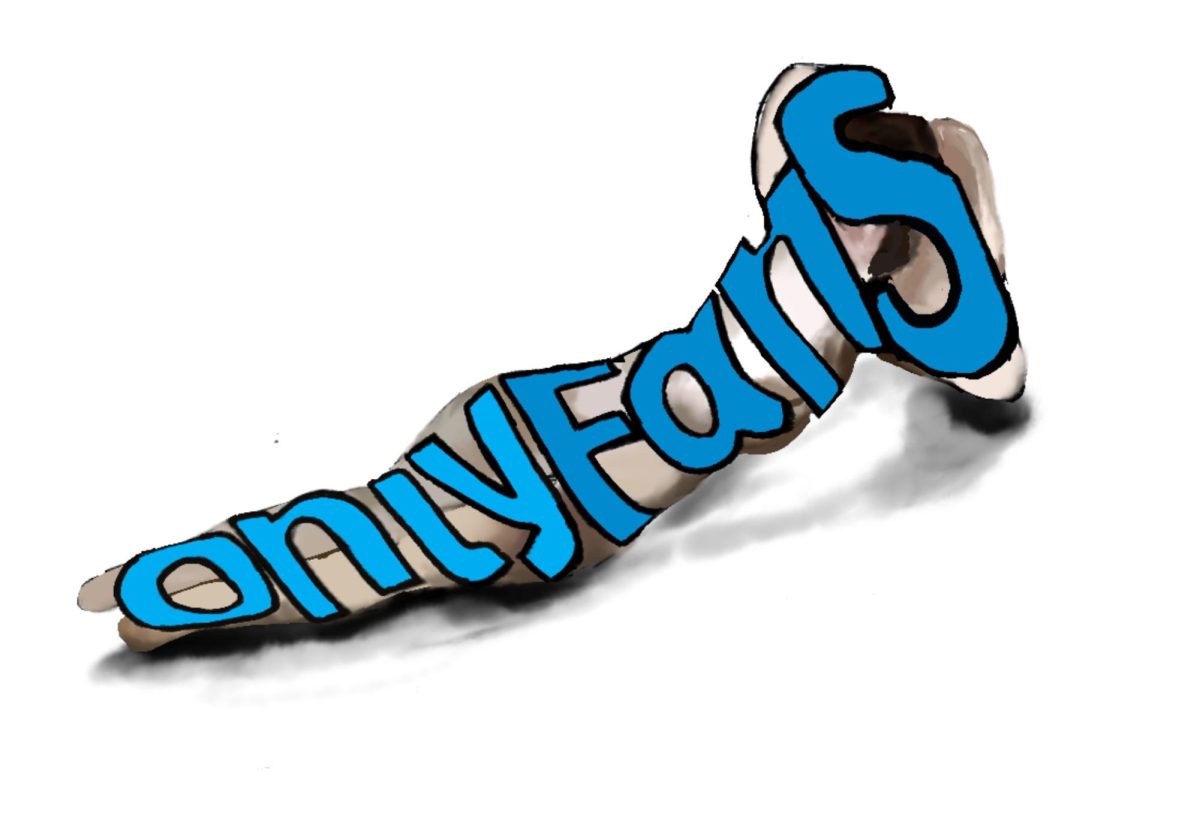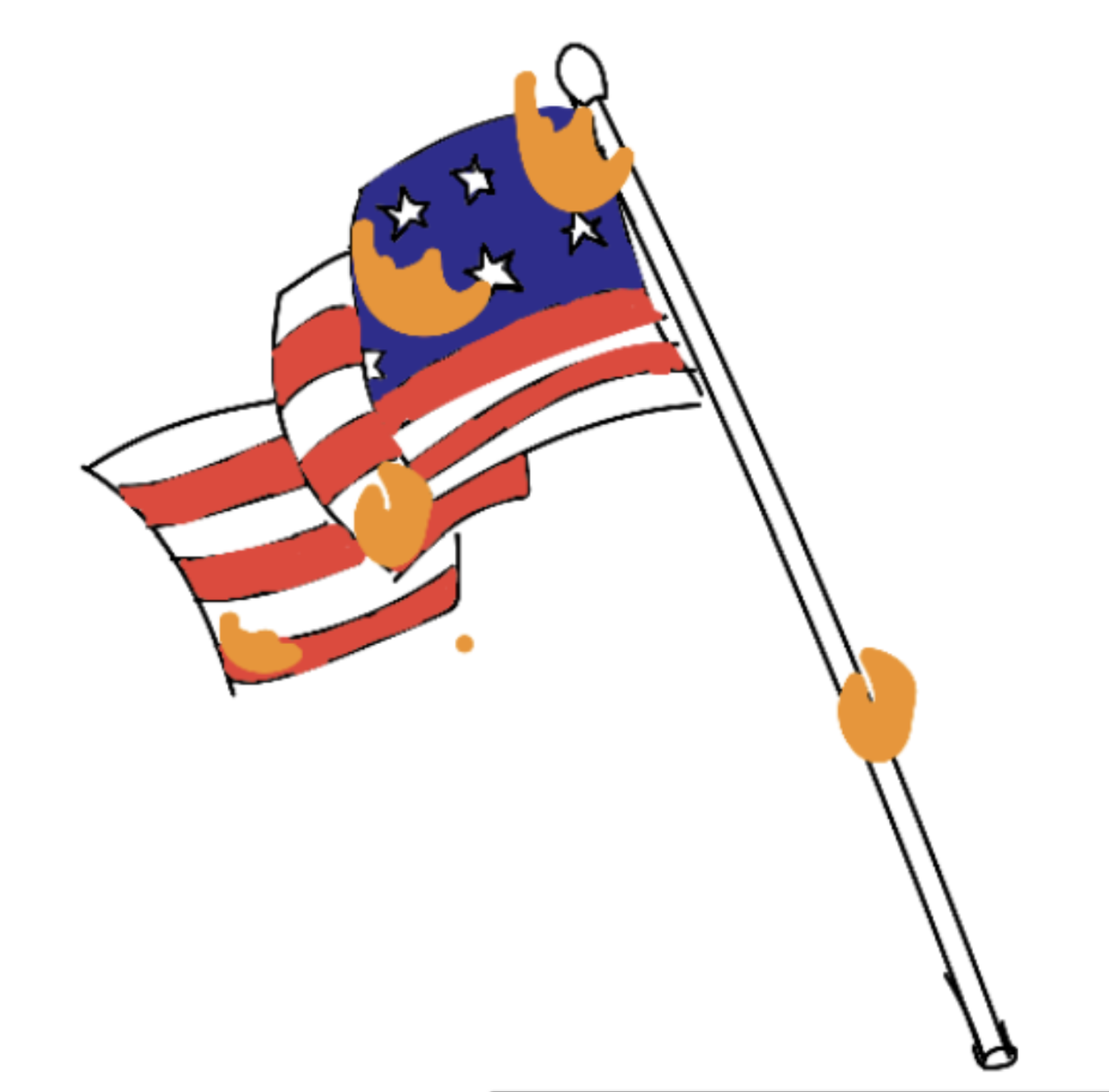Could pretty Privilege make life easier? Would it affect you when you walk in a coffee shop, make friends, or even get a job? How far could it really stretch?
In popular fashion newsletter, Glamour, people who have pretty privilege are described as “holding the key to a door of opportunities, connections and choices which are shut, locked and barricaded from others.” Pretty privilege is something that has been widely debated and discussed, but it’s never actually been examined here in The High. Pretty Privilege is essentially when someone has benefitted from living up to society’s beauty standards by being “exceptionally good-looking. You see it everywhere, and the simple truth is that most of the time, society sees those who do have pretty privilege as happier, healthier, more confident, and successful more than those who don’t live up to society’s standards.
This is one of the biggest reasons why so many people find themselves unattractive – Author Emily Lauren Dick stated that, “The fact that a whole group of people can be treated poorly simply because they don’t look a certain way is extremely harmful to a person’s self-esteem and self-worth.” Living in an age where social media and hundreds of posts of beautiful people correlates with our daily life has certainly had a negative effect on the younger generation. In most instances, beauty is connected to naivety when in reality, there is more to it than meets the eye. When it comes to treating others differently – which is a problem that has always existed in this world – pretty privilege can lead to negative consequences for everyone.
Clinical Psychologist Dr. Sarah Bishop, serving in the NHS, stated that multiple studies have shown that those deemed more attractive (claimed by the standards developed by their society) are more likely to be hired for jobs, receive help and be perceived positively – even if they have not earned it. The real question is if Pretty Privilege can be dangerous – But could it extend to the law?
Ted Bundy, a rapist and a serial killer, used his pretty privilege to his advantage; after all, one of the main reasons why people trusted him and fell into his traps was because of his looks and so called “charm”. His behaviour was murderous, but his intent was hidden as his Pretty Privilege and physical attributes were all what his victims, the media and the criminal justice system would see for decades. How is it possible, in a world where the criminal justice system is taken very seriously, that a serial killer escaped his fate so many times? Even on trial, women became fascinated with flocking to the courtroom to catch a glimpse of him, a term known as the “Bundy Effect,” (TommieMedia).
Bundy was eventually sentenced to prison after years of excuses and lies, but it’s shocking to see that after so much evidence was pitted against him, people simply could not believe that “…someone like him” could be a manic killer.
Another serious danger lies when Pretty Privilege is present in our everyday lives – it’s so deeply embedded in our brains that people almost always have a slight bias towards more attractive people. Those who are perceived as “normal” and those with Pretty Privilege face different types of issues, which results in consequences for everyone.
Imagine two people walking into a café and queuing in the line, waiting to order their coffees. If Person A is perceived as more “attractive” in the barista’s eyes, then it’s likely that they will be treated kinder and with more friendliness. Unfortunately, if Person B is less “attractive”, then it is much more likely that they won’t be treated with as much warmth as Person A. This is just one small example of exclusion that happens daily, with the bias towards Person A immediately creating favouritism. At the end of the day, the preference of Person A compared to Person B might draw down to their looks in the barista’s eye, even if they both acted and talked in the exact same way.
But how can pretty privilege harm the person it’s affecting? Pretty Privilege can seriously harm a person if they rely on it too often, as they could possibly value their beauty, especially if all the people surrounding them like them specifically for that reason. Beauty is a subjective matter, leading to the person in question possibly having a ridiculous amount of insecurities which should not be believed to be insecurities. In supermodel Cameron Russel’s TED Talk about beauty, she states that Models are “the most insecure people on the planet,” which just shows how people who are paid for their looks can still not find themselves appealing. Statistics from Sexual Assualt provention organization Rainn provide that on average, there are over 500,000 victims (age 12 or older) of rape and sexual assault each year in the United States – and one of the most devastating reasons for this is due to the attackers finding the victims a sufferer of Pretty Privilege.
Pretty Privilege is a very complicated topic, but the basis of it is formed by human bias and judgement. In the 21st century, society usually makes very unjust decisions about appearances with few people who judge someone solely by their personality and not their looks.
The purpose of this article is not to look down on those who are more attractive in society’s views, but rather an open discussion on how Pretty Privilege can be harmful and how it has been damaging in the past – in some cases have devastating actions, as with Ted Bundy. It can be dangerous, from favouritism and insecurities to manipulation and violence – but Pretty Privilege should always be avoided to put a stop to the bias. Before making assumptions about a certain individual, there is absolutely no harm in taking a step back and focusing on their intentions instead of their looks, because ultimately, judging people by their appearance will not be in your favour.







